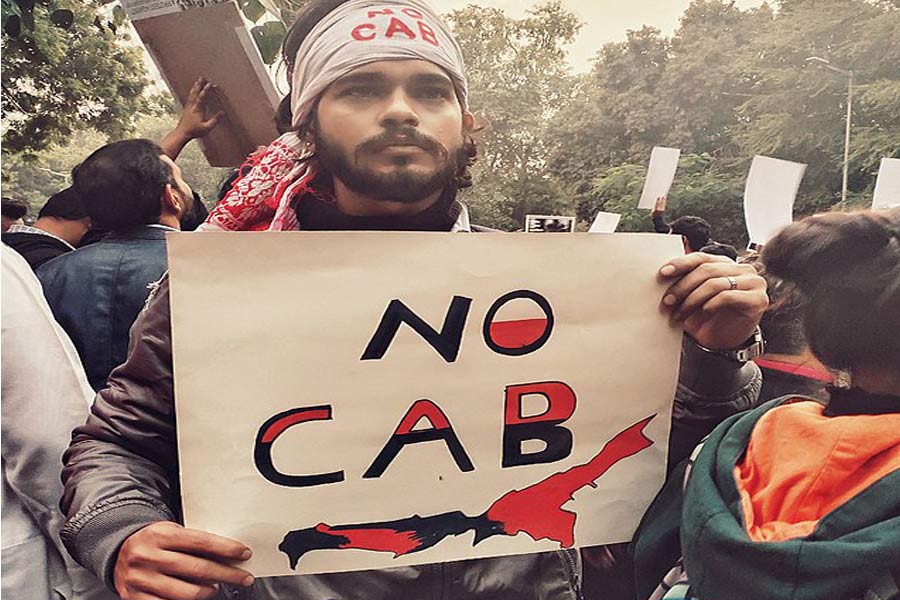Two weeks before polling day on December 12, I went on a tour of seats across north and Midlands, from Middlesbrough to Carlisle via Blyth and finally down to Crewe and Cheshire.
They are all very different places, with different traditions, landscapes and political cultures. But they share an experience of having been abandoned by politics. Forty years after Margaret Thatcher went to war on British industry and made our economy dependent on the City of London, governments of both parties have done little about the rise of boarded-up shops, poverty wages and hopelessness. I am proud of my former mining town and I cannot imagine living anywhere else in the world–but there is a lot that needs improving.
This is why our anti-Brexit stance hit us so hard. When people who had been ignored made a political choice for change, many for the first time, they expected it to be honoured. Labour telling them that we had to re-run the referendum because they had got the wrong answer left people feeling hurt, angry and betrayed.
Brexit is not the only issue we need to look at when analysing what went wrong, but it is the single biggest reason we could not build on our huge advances in 2017. Of the 54 English seats we lost, 51 voted Leave–often in places that are Labour to the core and have been loyal to the party under leaders from Blair to Corbyn.
Our radical manifesto failed to get enough of a hearing because in many places we looked like the Establishment. It also made it difficult to expose how the Tories are using Brexit to put the NHS up for sale and attack workers’ rights, because we were not trusted to be serious about delivering a better Brexit.
Those who argued for Labour to take a second referendum or Remain position in defiance of the largest democratic exercise in modern British history must accept that they made a serious mistake, and must listen to voices outside Westminster.
I say Westminster specifically, because while working-class communities in London did largely vote Remain, the obsessive hard-Remain lobby are not representative of the working classes of either Hackney or Hartlepool. Too many of those in the political bubble rarely get out in London, let alone get out of London.
So Labour must ensure it values and encourages working-class leadership from across the length and breadth of this country. And we need to ensure that the North and Midlands are adequately represented in our leadership and in our party at large, rebuilding our relationships in the places we need to win.
This does not mean compromising on an agenda for radical change. Because only radical change–only the will to redistribute wealth and power on a significant scale–will be able to end the long term managed decline of Northern and Midlands towns and restore hope and pride.
We cannot allow the conversation about why we lost to degenerate into a culture war. We cannot be divided by region, by race, by the way we voted in the referendum, or in any of the other ways the Tories have tried to drive wedges into our movement.
The solution is not more conservatism or more liberalism; it is more socialism, a socialism that revives the spirit of solidarity and community in northern towns which gave birth to the Labour Party in the first place.
The Conservatives are looking to use their majority early on to attack working-class communities and finish the job they began in the 1980s. They are going after railway workers’ right to strike. They are going after our rights at work in their dodgy Brexit deal. They are making noises about investment while in reality keeping austerity for another five years. We should ensure the coming leadership election shows our party at its best not its worst, and puts the focus onto everything this rotten government is trying to get away with, having hijacked the votes of working-class people.
But above all, we need to organise in our workplaces and communities and bring people together around a vision of hope. We have lived in a bleak post-recession world of bad jobs and crumbling services for so long that too many people did not believe another future was possible.
Hope is the argument we have to win.
(By arrangement with IPA/Morning Star)







